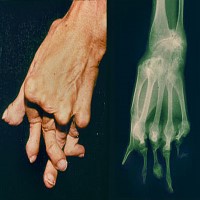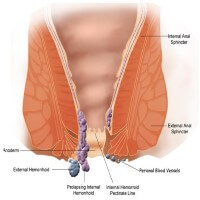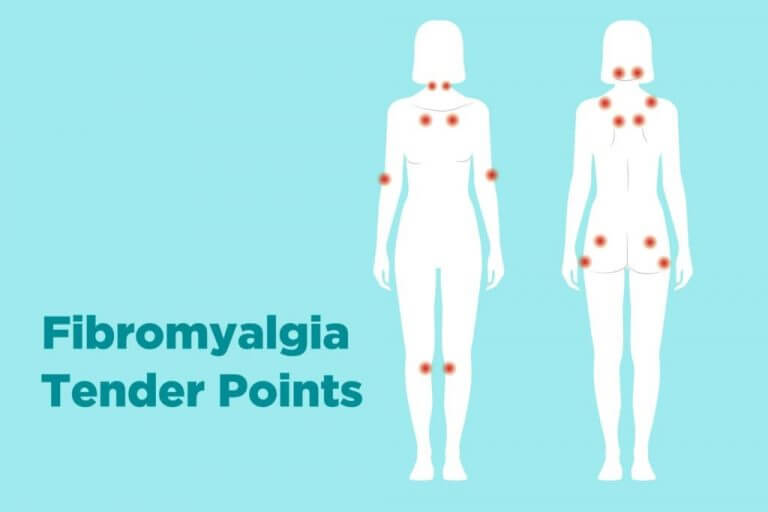Obesity

Obesity is a condition where an individual is said to have excess body weight than the ideal weight he/she should have. It is a medical condition where excess body fat has accumulated in the body. It brings negative effects on health. One is called obese when the BMI exceeds over 30 kg/m2. The people having a BMI range of 25 kg/m2 to 30 kg/m2 fall in the overweight category. Obesity puts the individual more at risk of heart disease, type 2 diabetes, obstructive sleep apnea, certain types of cancer, and osteoarthritis. Obesity is more common in women than men.
Ayurvedic Description Of Obesity
In Ayurvedic texts, obesity is mentioned as Medo rog, which is caused by the aggravation of Kapha as it has the natural characteristics of dense, heavy, slow, sticky, wet and cold properties. When food items that aggravate Kapha are consumed too often in meals, it gets accumulated in the body as excess fat and makes one obese.
The aggravated Kapha produces Ama in the body and these toxins get accumulated in Medovahi Srotas and increase the production of Meda Dhatu.
Signs & Symptoms
- Excessive body fat and body weight
- Lethargy
- High waist-hip ratio
- Stretch marks around the body especially at lower abdomen
Causes and Risk Factors
1. Diet
Consuming diets with more calories than actually required by the body leads to obesity. Examples of such diets are ice creams, oily snacks, foods rich in saturated fats, junk food items. These foods have excessive calories in them and if they are not burned with judicious workouts, they bring obesity.
2. Sedentary lifestyle
Not doing any physical activity or exercise makes people obese. Children these days are more prone to get obese because of indoor games and declined levels of outdoor physical activities.
3. Genetics
Genetics too play a role in obesity; the chances of an offspring are 80% more if both the parents are obese.
4. Medical conditions
Medical conditions like Hypothyroidism, Cushing Syndrome, growth hormone deficiency, binge eating disorder, and night eating syndrome contribute to obesity.
5. Medications
Certain medications like insulin, anti-depressants, and hormonal contraceptives, and steroids make one more susceptible to obesity.
6. Alcoholic beverages
Excessive consumption of alcohol, carbonated water, and aerated drinks increases the risk of obesity.
Self Care Tips
- Watch your daily calorie intake, a normal male and female who are not doing any strenuous physical activities should consume calories from 2600-2800 and 2200-2000 respectively, getting more calories than these brings excessive fat and obesity in the body.
- Plan the exercise schedule after consulting a skilled trainer and stick to it diligently for at least 3-4 months to witness the result.
- Do not become a victim of steroids to loose body fat as it has more severe effects than benefits, loose weight naturally and gradually.
- Do not drink water immediately after the meals as it generates (toxins) Ama in the body, and hence obesity.
- Drink warm water sip by sip during the entire day, warm water alone has medicinal properties and help in loosing the body fats.
- Do not consume excessive sweets and artificial sweeteners.
- A low but healthy carbohydrate diet is recommended in the evening.
- Do not eat bakery products, pastries, cakes and other such fermented products.
- Honey lemon water in the morning has been proved to be a very beneficial in obesity.
The Ayurvedic treatment begins with eliminating Kapha aggravating foods from the meal of a person. The body cleansing modalities in Panchkarma, herbal medicinal preparation and naturopathy can bring wonderful results in obese patients and these don’t have any adverse effects if done under a skilled Ayurvedic physician. The change of lifestyle is highly advised as per the condition along with a customized diet plan.






